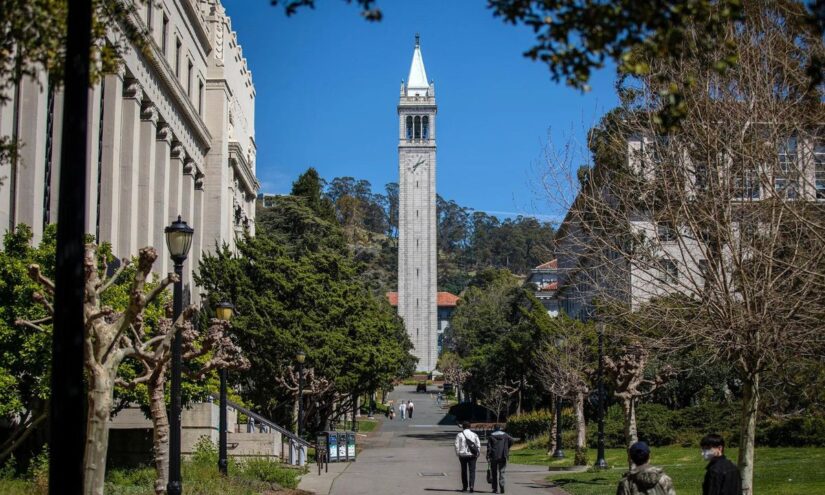During this summer, a team of students from MIT embarked on a journey to the sou …
California Law Change Enables Undocumented Students to Work on Campus
Emma Wordsmith

In January, undocumented students faced disappointment as the University of California Board of Regents rejected a proposal to permit them to work on campus. Shortly thereafter, David Alvarez devised a strategy in collaboration with student activists.
The Democratic assemblymember from Chula Vista, David Alvarez, conferred with student organizers to craft a bill that mandates the UC, community colleges, and California State University to allow undocumented students to be employed for on-campus roles as proposed in Assembly Bill 2586.
Federal law prohibits employers from hiring undocumented individuals; nonetheless, Assembly Bill 2586 by David Alvarez argues that state agencies like public colleges shouldn’t be subject to this prohibition, as affirmed by law scholars at UCLA and other academics.
Assemblymember Sabrina Cervantes, a Corona Democrat, and chair of the California Latino Legislative Caucus introduced a similar bill targeting only the UC, potentially offering it as a ballot measure to California voters if enacted.
Both bills are key priorities of the Latino Caucus and seek to provide job opportunities to undocumented students affected by federal employment restrictions.
Illegal for undocumented students to work on campus like their peers, they often resort to independent contracting or under-the-table jobs that may expose them to labor exploitation according to some students. If approved, Alvarez’s bill could positively impact around 60,000 undocumented students.
Following the UC Board of Regents’ decision to delay implementation of allowing undocumented students to work, Alvarez’s bill is progressing through the legislative process and faces a critical juncture in the appropriations committee’s suspense file.
The estimated cost of implementing the bill to enable hiring of undocumented students in state colleges and universities could pose financial challenges amid California’s multi-year budget deficits.
The bills proposed by Alvarez and Cervantes aim to address the employment hurdles faced specifically by undocumented students in higher education but do not encompass the broader range of opportunities available post-graduation in other state agencies.
“It is not fair,” lamented concerned students like Karely Amaya Rios and Fatima Zeferino at legislative hearings, highlighting the struggles they face due to limited employment options imposed by their immigration status.
The bill championed by Alvarez reflects California’s continued efforts to support affordable education for undocumented students, complementing existing tuition waivers, grants, and loans, allowing them to bridge financial gaps and bear major living expenses while pursuing their academic goals.
The bill’s potential legal implications have prompted concerns from universities like UC, warning of possible criminal and civil prosecution risks for hiring managers and potential impacts on federal research grants — issues that Alvarez contends are crucial to address in the quest for equity.
Efforts to create job opportunities for undocumented students also raise legal uncertainties and potential backlash from the federal government, given the intricate legal landscape surrounding immigration laws and employment regulations.
Despite the legal intricacies, proponents like Alvarez emphasize the bill’s value in leveling the playing field for undocumented students seeking on-campus employment, a vital step towards enhancing their academic experience and financial stability.
Undocumented students, particularly those in community colleges, face unique challenges in accessing on-campus jobs and equitable job opportunities due to legal restrictions imposed by federal laws, underscoring the need for comprehensive solutions to support their educational pursuits.


